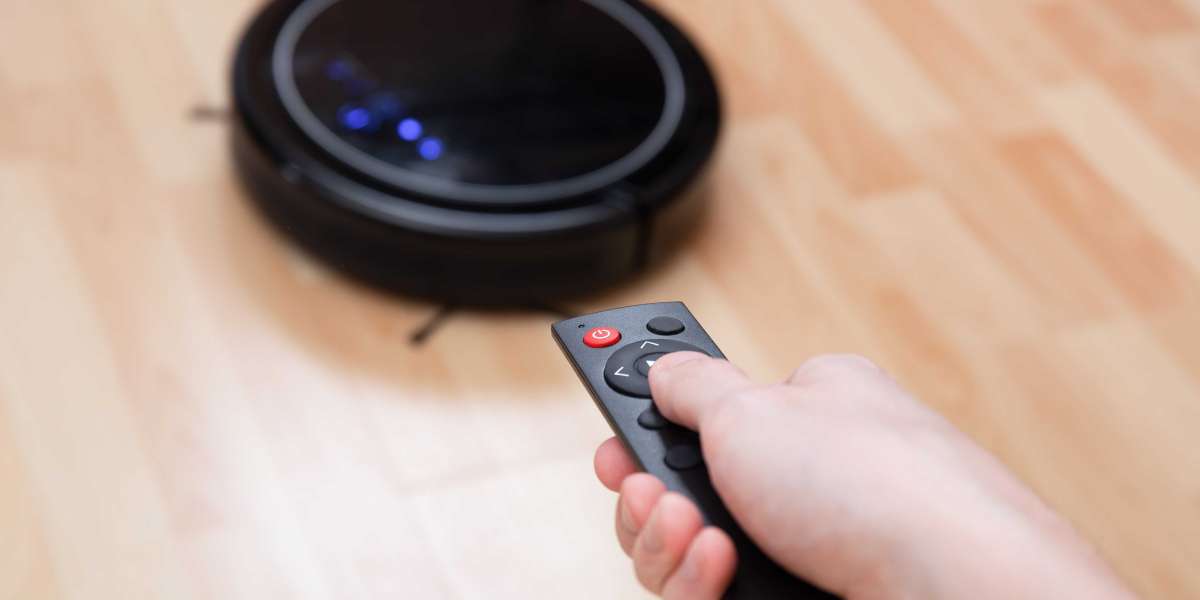By Allison Lampert
LAS VEGAS, Oct 22 (Reuters) - At the world's greatest industry program in Las Vegas luxury jets are tempting buyers with their smooth silhouettes, luxurious cabins - and significantly, their use of alternative fuels.
Fuel manufacturers and jetmakers are keen to showcase novel forms of air travel fuel considered less damaging to the climate, from used cooking oil to the definitely less attractive meat waste.
Business jet operators, like airlines, have bowed to environmental pressure on air travel and dedicated to halving carbon emissions by 2050 compared to 2005.
Their hope is that adopting eco-friendly fuel to suppress emissions might make organization jets more attractive to ecologically conscious purchasers - particularly corporations dealing with questions over sustainability from shareholders or green campaign groups.
The accessibility of less polluting private jets might likewise spare the abundant and popular the unfavorable publicity experienced by Britain's Prince Harry and his better half Meghan over a current private jet journey to southern France.
Five Gulfstream jets on display screen in Las Vegas are using California-produced fuel from inedible beef tallow.
The newest waste-based fuels consist of "fats, grease and oils that are by-products of the food market," said Bryan Sherbacow, chief industrial officer of Boston-based biofuel producer World Energy, which produces fuel from meat waste used by Gulfstream.
"All of our item is inedible."
Some of the other 79 airplane on screen are expected to be powered by 150,000 gallons of other renewable fuel blends expected to be pumped at the show.
FLIGHT SHAMING
Private jets account for less than 0.1% of total annual carbon emissions globally, but can produce, usually, approximately 20 times more carbon emissions per passenger mile than jetliners, according to the London-based private charter firm Victor.

Prince Harry has actually defended his periodic use of private jets to ensure his family's safety, and has actually stated that on the uncommon occasions he does not fly commercially he offsets his emissions.
But planemakers state events such as the furore over his itinerary have actually included fresh challenges for a market already striving to justify its contribution to cutting business expenses.
"Incidents of flight shaming including making use of private jets are unfortunate when you consider that our industry has delivered fuel effectiveness enhancements of 40% over the previous 40 years," said Bombardier Aviation President David Coleal.
Bombardier thinks increased sustainable fuel use will assist the market make inroads with corporations and wealthy purchasers. According to market information, billionaires only have a 19% company jet ownership rate.
But even an image makeover - with jets sporting sticker labels like "this airplane flies on sustainable fuels" and organisers adding alternative fuel pumps for going to aircrafts - is unlikely to satisfy all critics at the Oct 22-24 luxury jet occasion.
Environmentalists and some experts remain hesitant that biojetfuels, usually mixed 50-50 with kerosene, will make a significant influence on public perceptions about luxury travel.
"No quantity of jatropha curcas or Brazil-nut fuel can make service jets look eco-friendly," stated aviation analyst Richard Aboulafia.
Demand from company jet operators for eco-friendly fuels now far exceeds supply and their interest could drive future production, Sherbacow stated.
World Energy, which produces 40 million gallons of biofuel at its California plant, might expand production as much as 150 million gallons by 2022.

Corporate charter companies and experts are likewise seeing more interest from clients who wish to purchase carbon credits to balance out emissions from their flights.
Brian Proctor, CEO of Mente Group, a U.S. consultancy, stated emissions played a role in a corporate jet utilization research study his company recently finished for a Fortune 500 business.
"At the end of the day, I think that price, cost per hour, range, speed and performance, that's still the (sales) driver. But I think individuals are ending up being more knowledgeable about the sustainability of operations and how it impacts the planet." (Reporting By Allison Lampert, Editing by Tim Hepher and Alexandra Hudson)







